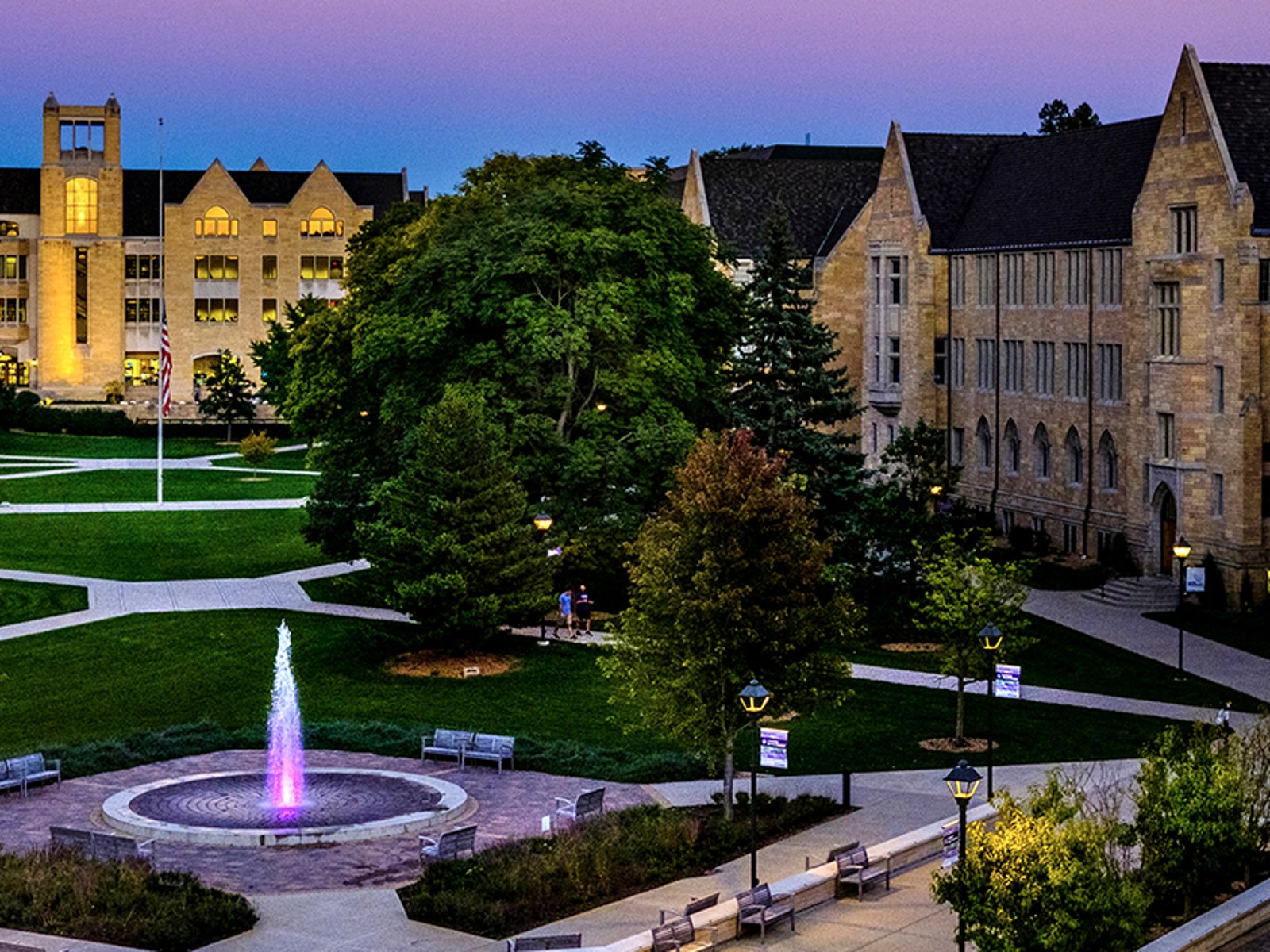The EXPAND consortium consists of five universities (Andrews University, Milwaukee School of Engineering, University of Detroit Mercy, University of St. Thomas, and Western New England University) spread across the industrialized north of the United States from Minnesota to Massachusetts. The institutions are four-year private universities based nearby or within larger metropolitan areas with well-established industries that typically prioritize partnerships with more prominent major research universities.
This EPIIC program will provide the necessary infrastructure, skillset and preparation for the institutions in the EXPAND consortium to increase and institutionalize external partnerships. In turn, this will enhance regional industry competitiveness by accelerating innovation and transferring expertise from underutilized academic institutions, resulting in realistic use-inspired research, technology transfer, and commercialization of the research frontier. The project aims to build strong and sustainable external partnerships in various disciplines of engineering and computer science, focusing on emerging technologies.
The project's methods and approaches include sharing best practices and lessons learned to improve policies and processes for external partnerships, building faculty and staff expertise through development and support, and developing industry and community partners while raising the institutions' profiles through targeted activities and events. The potential contribution of this project lies in enhancing the capacity of these institutions to support local innovation and use-inspired research, providing students with experiential learning opportunities, developing faculty expertise in strategic industry collaborations, fostering innovation in emerging technologies by strengthening academia-industry connections, and contributing to workforce development in their respective regions.
This project will not only benefit the EXPAND consortium universities but also demonstrate a model for how smaller institutions can collaborate to promote their development and improve efficiencies through the sharing of expertise and resources.
Andrews University
Andrews University is using its EPIIC grant to expand industry partnerships and enhance innovation capacity through its Center for Innovation & Entrepreneurship. The university’s Industry Lab connects students and faculty with external organizations, fostering collaborative research and experiential learning opportunities. Through projects in engineering, technology, and healthcare innovation, Andrews aims to strengthen its regional economic impact and prepare students for emerging technology fields.
Milwaukee School of Engineering
The Milwaukee School of Engineering is participating in the EXPAND consortium to build sustainable industry collaborations and bolster experiential learning in emerging engineering and technology sectors. MSOE will work alongside partner institutions to share best practices, enhance faculty engagement, and establish new pathways for technology transfer and commercialization. These efforts aim to position MSOE as a vital contributor to regional innovation ecosystems.
University of Detroit Mercy
University of Detroit Mercy is leveraging its EPIIC funding to deepen industry-sponsored research partnerships and expand experiential learning opportunities for its engineering and science students. The project focuses on fields such as artificial intelligence, robotics, physical cybersecurity, and product innovation. By collaborating within the EXPAND consortium, Detroit Mercy will strengthen its research profile and drive workforce development initiatives that serve Michigan’s growing innovation economy.
University of St. Thomas
The University of St. Thomas is leading the EXPAND consortium’s efforts to strengthen industry-academic partnerships across engineering and computer science fields. Through streamlined partnership management, faculty development, and targeted industry engagement, St. Thomas aims to amplify regional innovation capacity and build a resilient academic-industry collaboration model. These initiatives will create new opportunities for students, faculty, and industry partners alike in Minnesota and beyond.
Western New England University
Western New England University (WNE) is using its EPIIC grant to establish a new Office of Sponsored Projects and expand its external research partnerships. By building institutional capacity and connecting faculty with regional innovation networks, WNE aims to elevate its research profile and strengthen its contributions to workforce development and economic growth in Massachusetts. Through collaboration with EXPAND partners, WNE will help demonstrate how smaller institutions can drive impactful innovation.


















